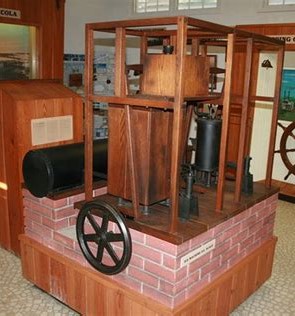Thank God he ignored the generals
Time on a treadmill is boring, so I try to find interesting stuff to watch. I was watching the lecture series World War II: Battlefield Europe, presented by David Stone who teaches at the U.S. Naval War College. This series looks at WW II from a European perspective, but I was surprised that the series…












